Researchers at the Massachusetts Institute of Technology have discovered that half of the communications connections established by the top free Android apps are hidden to the user, and much of the data is being transmitted for unknown purposes.
The new study, summarized on Thursday by MIT News, looked at data transferred to and from the 500 most popular applications available on Android. Specifically, MIT was interested in so-called "covert" communications being silently sent by the top apps.
MIT found that roughly 50 percent of the communication channels opened by the top Android apps had no bearing on the user experience.
These "covert" connections are about half analytics data, sharing information about usage and user experience. But the other half of the "covert" data being transmitted remains a mystery.
"The interesting part is that the other 50 percent cannot be attributed to analytics," said Julia Rubin, a postdoctoral researcher at MIT Computer Science and Artificial Intelligence Laboratory who led the new study. "There might be a very good reason for this covert communication. We are not trying to say that it has to be eliminated. We're just saying the user needs to be informed."
To verify that the data transmission has no affect on user experience, researchers modified 47 of the top 100 Android apps to block "covert" communications. In 30 of those 47 applications, test subjects could detect no difference between the two versions of the app.
MIT's study found that Wal-Mart's Android app discreetly sends information associated with eBay without the user's knowledge. Disabling the ability of the app to send the information was said to have no affect on the user experience.
The full paper is available online and is credited to Rubin, Michael I. Gordon, Nguyen Nguyen, and Martin Rinard.
 AppleInsider Staff
AppleInsider Staff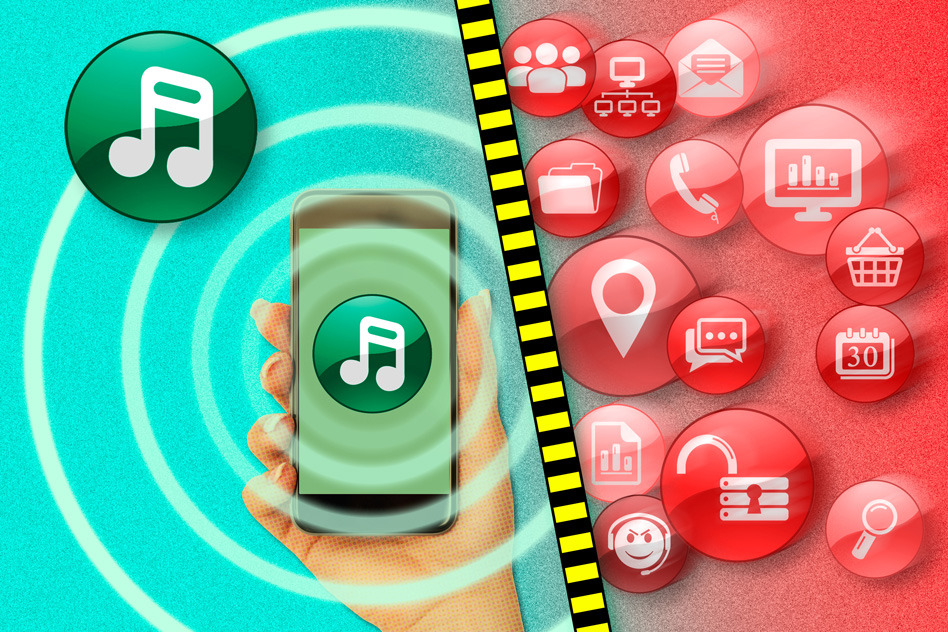
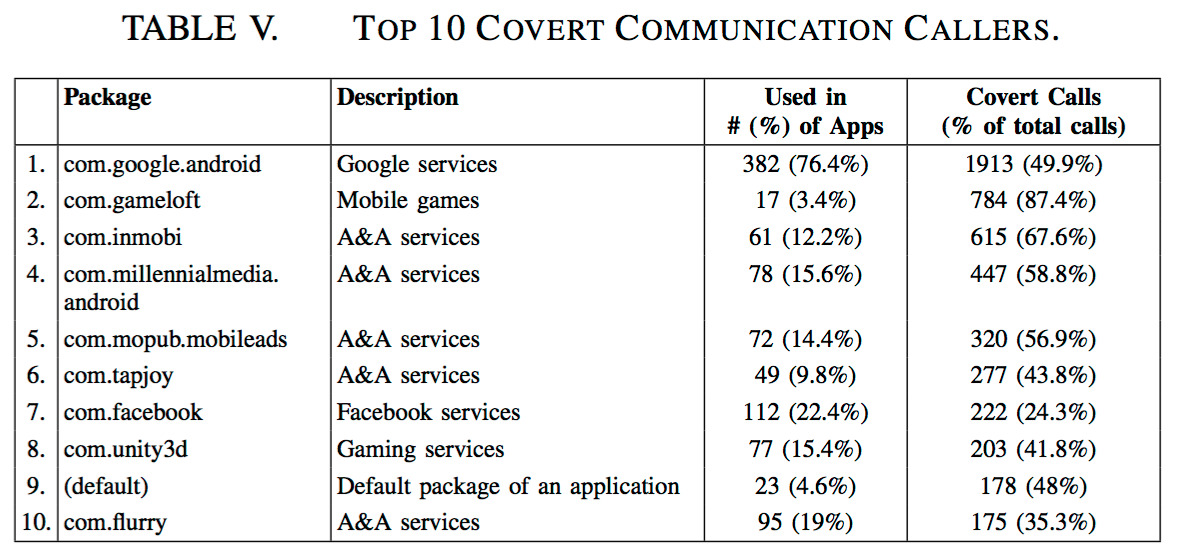
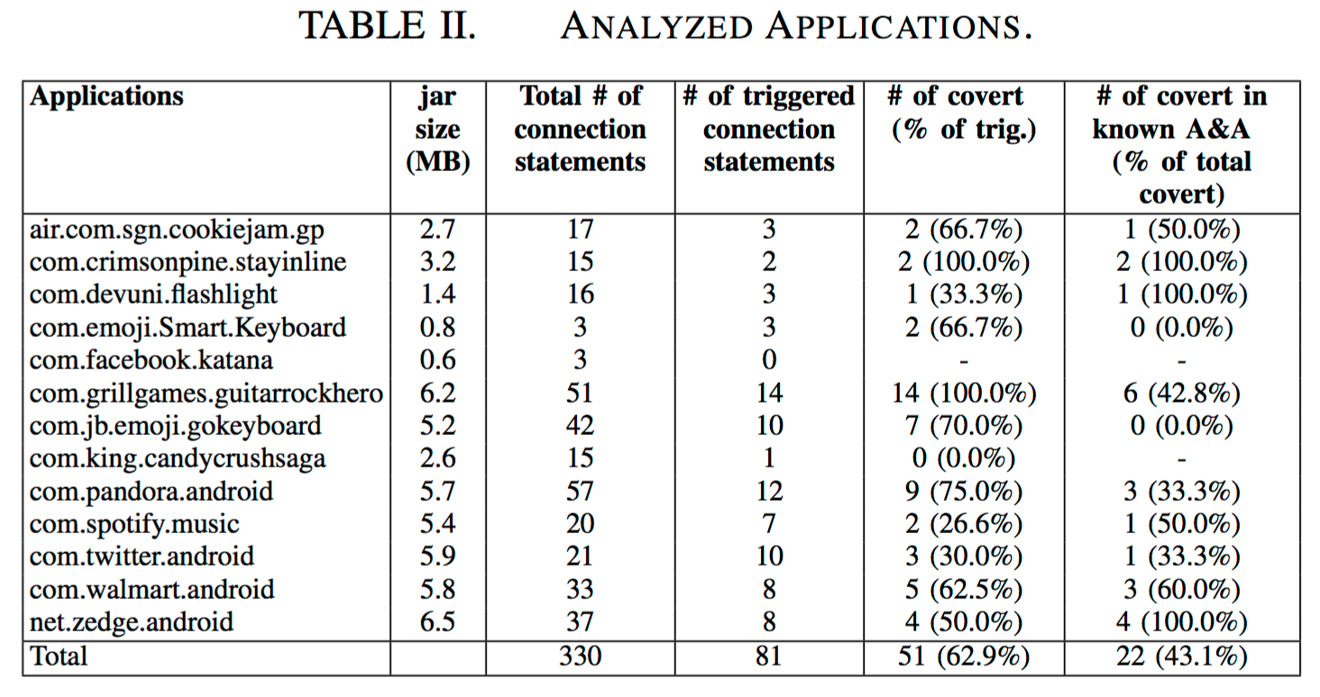







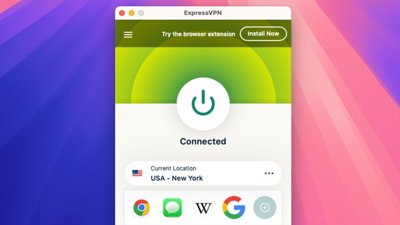
 Malcolm Owen
Malcolm Owen
 Marko Zivkovic
Marko Zivkovic
 Wesley Hilliard
Wesley Hilliard
 Christine McKee
Christine McKee


 William Gallagher
William Gallagher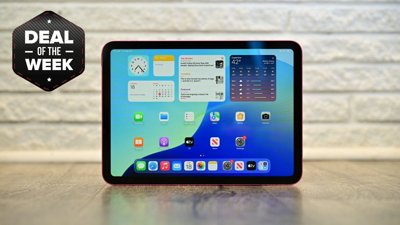
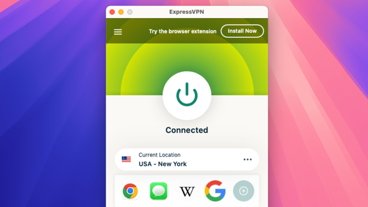




-m.jpg)



29 Comments
Oh, Android.... You are such a piece of crap OS! Let us count the ways that is so...
The apps are spying. Simple as that. I am curious what DARPA's interest is tho since they were the backers of the study.
Yea we all know how "secure" Android is.
But, I wish if they researched top iOS apps as well, I would like to know which apps are getting away with my data so I can remove them, or Apple could block them till they start behaving again.
The apps are spying. Simple as that.
I am curious what DARPA's interest is tho since they were the backers of the study.
DARPA funding is very broad, and sponsorship statements such as that are somewhat boilerplate and can cover multiple projects. It doesn't mean that they specifically solicited this study, but rather that it just fell into a wider research area.
[quote name="muppetry" url="/t/190264/half-of-data-connections-by-top-500-android-apps-are-covert-with-no-effect-on-user-experience#post_2808602"] DARPA funding is very broad, and sponsorship statements such as that are somewhat boilerplate and can cover multiple projects. It doesn't mean that they specifically solicited this study, but rather that it just fell into a wider research area. [/quote] Here's a more comprehensive summation of the study, and as a bonus it's in plain English. That's a nice breath of fresh air from a technical blog. http://phys.org/news/2015-11-mysterious-android-apps-effect-user.html Towards the end of the article they explain why DARPA is interested.